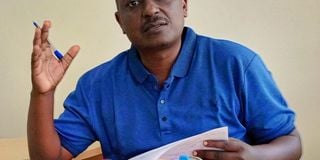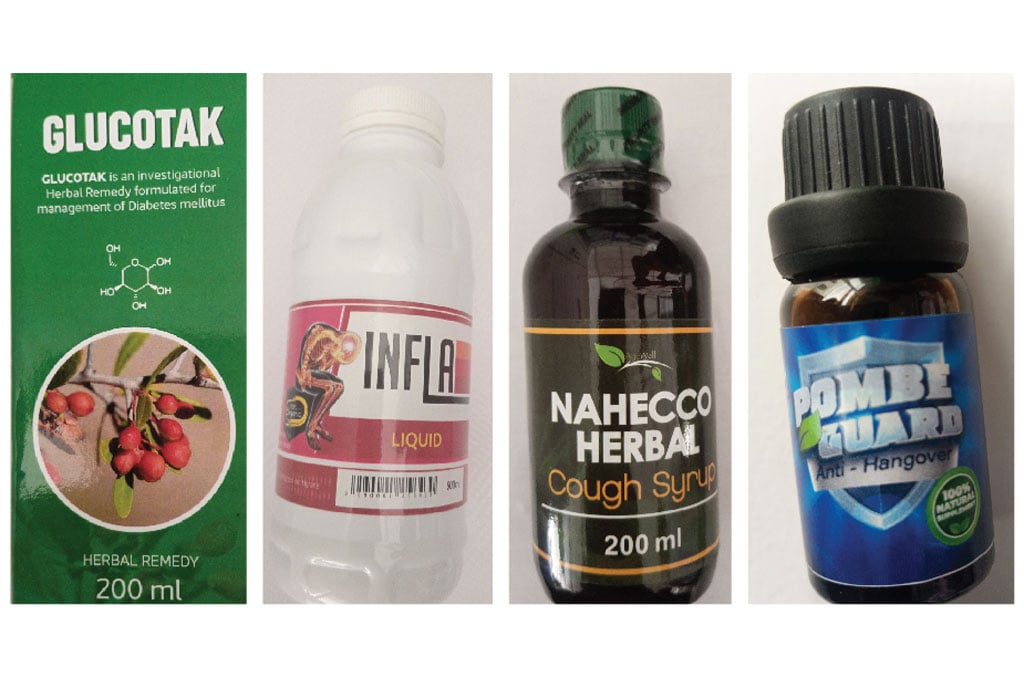Prime
Add teaching of indigenous herbal medicine on school curriculum, gov’t told

Mr Allan Kalangi, the Executive Director of AIBIS. Photo/ Juliet Kigongo.
What you need to know:
- The appeal comes amid ongoing government process to develop new curricula for different institutions of learning to make education more relevant to the prevalent development requirements.
Conservationists have asked the government to include teaching of indigenous herbal medicine on the school curriculum due to the demand, limited knowledge and accessibility for the medicine.
Under their umbrella body, the African Institute for Biodiversity and Sustainability (AIBIS), the conservationists suggested that the teaching of different varieties of African herbal medicines should be included at all levels of formal education in the country.
Mr Allan Kalangi, the executive director of AIBIS said that traditionally, knowledge about indigenous medicines was passed on from one generation to another without any form of documentation but people with the knowledge are dying out without chance to impart it to the youth who are mostly in schools learning only about modern medicine.
He said that teaching about indigenous African medicine will necessitate documenting the different varieties of traditional medicine and how each can be administered properly.
“…some people with commercial interests have cropped up everywhere and they are selling it (herbal medicine) in some kind of processed form. It is hard to tell how safe this already packaged herbal medicine is. There is also a fear that some people might patent it and make it out of reach of the majority. Teaching about herbal medicine in formal institutions of learning will therefore necessitate proper research and practice on its use and preservation,” he said.
Mr Kalangi made the appeal at a press conference held in Kampala.
The appeal comes amid ongoing government process to develop new curricula for different institutions of learning to make education more relevant to the prevalent development requirements.
Citing the increased interest in herbal medicine since the prevalence of Covid -19, Mr Kalangi argued that this is proper reason to convince the Ministry of Education to introduce studies on traditional herbal medicine.
“Africa is one of the most biodiverse regions on Earth, hosting a quarter of global biodiversity. But biodiversity rates are declining mostly due to deforestation driven by capitalistic demands. This is alarming and does not only make the African continent vulnerable to the vagaries of climate change but also threatens to make some of the important herbal medicinal plants extinct or rare since most of them grow in the natural forests. Teaching about the importance of herbal medicine therefore would reinvigorate the desire to conserve our natural forests,” he explained.
According to Mr Kalangi, while boardroom discussions and seminars are being dominated by how to modernise every sector but there is less talk about the important and crucial elements of the traditions that helped Africans to thrive and survive for centuries, among them the African indigenous herbal medicine.
According to AIBIS, there are more than 50,000 plants in Africa that are said to have medicinal properties and that the plants helped Africans to treat different types of diseases for centuries before colonialists started establishing modern hospitals in the last half of the 19th century.
[email protected]





